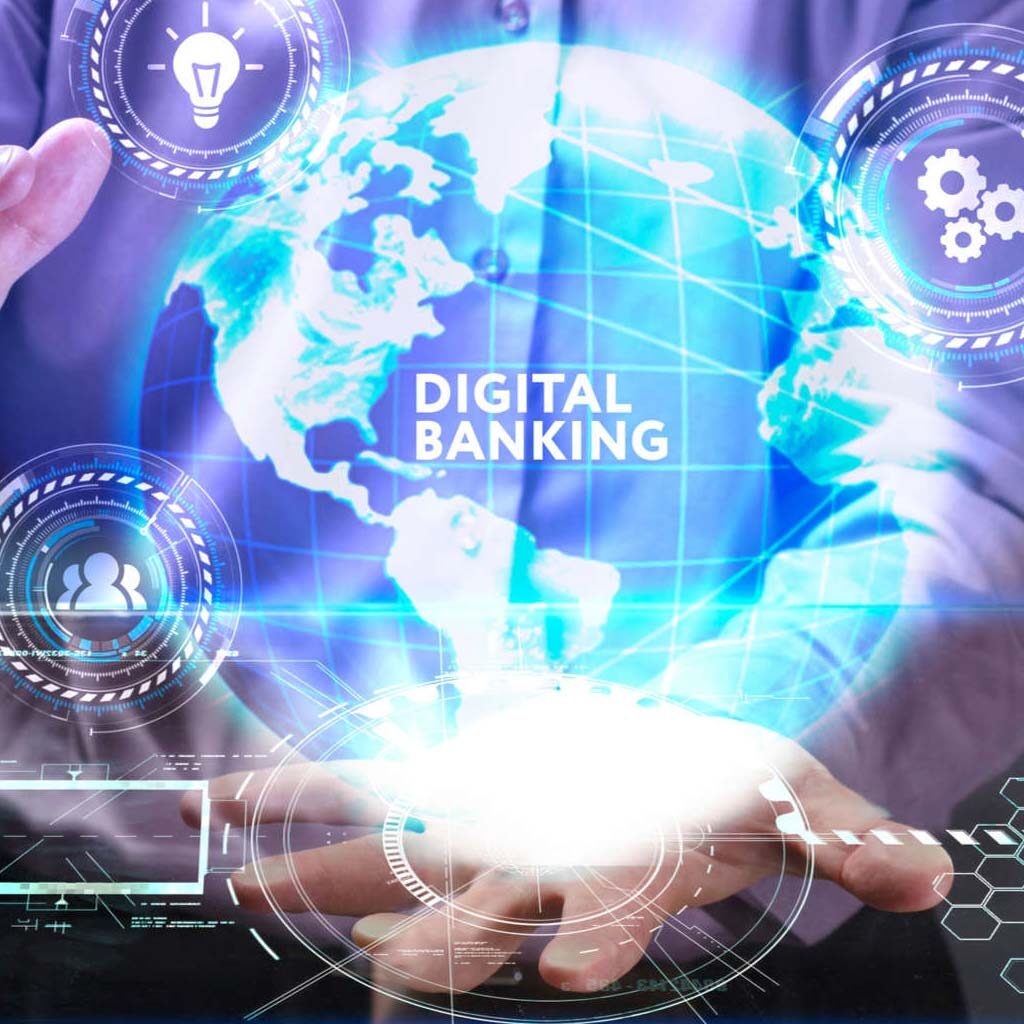Digital Banking, “5+1 reasons why digital banking is more efficient and how it helped the reduction of financial discrepancies”.

With the ongoing crisis of COVID-19 pandemic still prominent and the fear of face to face contact still present, governments around the world as well as financial institutions are now using the Digital Banking paradigm in order to solve the problem of financial transactions and bill payments.
What is Digital Banking?
Digital Banking is a part of the broader context for the move to online banking, where banking services are delivered over the internet. The shift from traditional to digital banking has been gradual and remains ongoing, and is constituted by different degrees of banking service digitalization. Digital banking involves high levels of process automation and web-based services and may include cross-institutional service composition in order to deliver banking products and provide transactions. It provides the ability for users to access financial data through desktop, mobile and ATM services.

Why is digital banking more efficient?
- Business efficiency: The customers’ needs are covered more quickly and in more detail, and the productivity is highly accelerated as digital solutions cover a higher set of production in less time. Customers are trained to expect an effortless and methodical experience and that gives them the opportunity to explore the vast context of digital transactions.
- Cost Savings: The replacement of redundant manual labor leads in the minimization of bank processing costs, although this could be beneficiary both for the customer as well as the institution. Digital platforms can, in the future, reduce their costs through the synergies of more qualitative data for a better and faster response to market changes.
- Increased accuracy: A computerized digital system makes the process of detecting an error much easier than manually trying to locate where a person did wrong. Also, the verification process becomes simpler, through unique passwords and the implementation of IT solutions with business software results in more accurate accounting. (Financial accuracy is crucial to comply with government regulations).
- Improved competitiveness: Banking digitalization helps manage marketing lists and ensures closer relationships with tech savvy customers. It can also reserve a better track of customer history and provide quick access to email and other forms of online communication. Different online banking institutions also use the loyalty reward program, where customers can get money back from their everyday transactions.
- Greater agility: Banking processes become quicker both internally and externally, with an increased emphasis on risk management. Risk managementin banking is theoretically defined as “the logical development and execution of a plan to deal with potential losses”. Usually, the focus of the risk management practices in the banking industry is to manage an institution’s exposure to losses or risk and to protect the value of its assets.
- Enhanced security: While a regular digital system could potentially break down or be hacked, modern banking technology provides extra layers of security and data protection and reduces the risks of cyber threats. Therefore it lessens the threat of data being hacked or stolen or reputation damage.

Digital banking services such as those offered by Monzo (https://monzo.com/), Revolut (https://www.revolut.com/en-CY), and eCREDO (https://ecredo.com/), bring forth the standard of financial stability. While it has just recently been presented in most European countries, mostly after the COVID-19 outbreak, banking digitalization will soon manage to replace traditional banking. Large financial institutions have already commenced in new IT systems and business models. Online transactions, bill settlement or even online shopping have never been easier and soon nobody will recognize a paper-based transaction of any kind. Welcome to the future of digital banking.